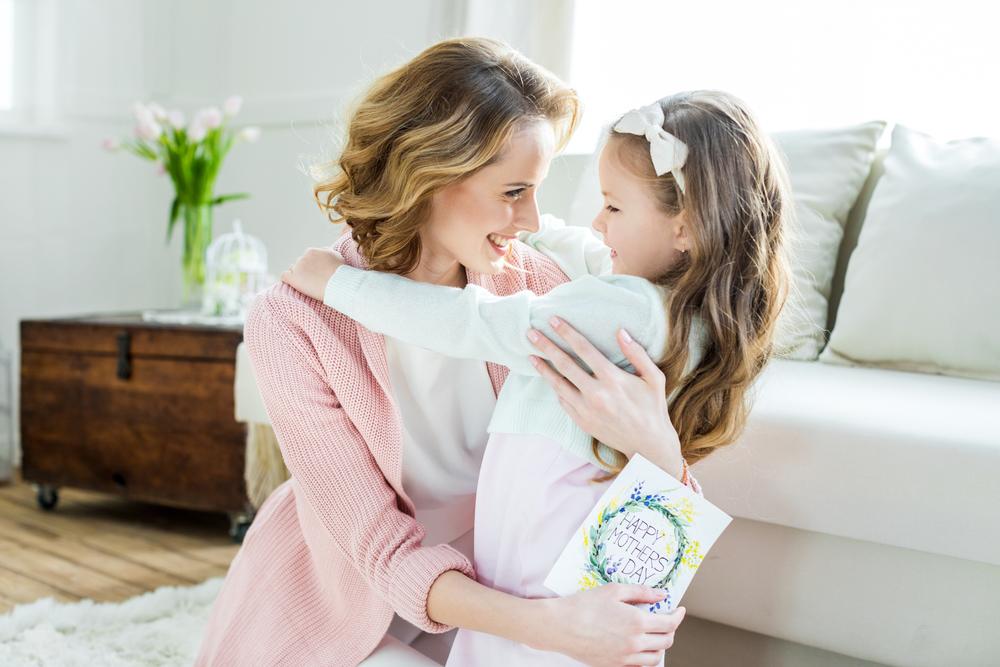One of my favourite parenting comics is a picture of a parent sitting engrossed in a book entitled ‘How to raise the perfect child’ while the kid stands idly at the mother’s feet looking up for a glimpse of attention.
You see, I can’t blame this parent. We are all out there trying to do our best and be the best parent we can be. But what is ‘our best’ and is it possible to raise the perfect child and be the perfect parent?
What’s concerning is that while we are looking for this perfect destination of a blissful life where everyone is happy, supported, acknowledged and loved – we are ignoring the journey which is REAL LIFE.
Real life is getting kids to soccer training and keeping the washing up to date. Real life is ensuring your kids eat vegetables (or at lease SOMETHING healthy) and your bills are paid. Real life is breaking up fights between siblings and following up on homework tasks. Real life is what happens on that journey to the perfect family.
But what messages are we giving kids if our focus is only on the end result? That the day to day stuff doesn’t matter? Because it does.
I’m sure some wise person has come up with a parenting movement called ‘authentic parenting’ so I can’t exactly claim it, but by golly I’m going to preach it.
Being authentic means you are being honest and open with your kids about what is going on in your life. It means you don’t need a manual to tell you what to say or do, nor do you need a rigid robot-like method of dealing with your kids. Don’t get me wrong – I’m all for parenting skills – but these must be guided by your emotions and come from the heart. If a parenting skill doesn’t sit right with your views and personality – don’t use it! We need to be honest with ourselves and with our kids.
If we are explicit in our interactions with our kids, they will more likely be able to understand and respect our feelings. For example, by admitting that you are feeling exhausted and need a rest, but would love to play in an hour – brings kids into the picture and helps them accept the outcome. They feel respected because they are being given this information as an equal, just like you would give information to a partner or a friend. When we say how we FEEL and give reason to this then we are teaching kids that they too can show emotion when things don’t go to plan – and that we can control our actions and choices. We are modelling control and rationality.
‘How to talk so kids listen’ is about acknowledging kid’s feelings, but I am convinced we need to acknowledge our own feelings first and foremost. We continuously have little eyes watching us and learning how to live. We model to our kids that real life has ups and downs and that we can manage them with rational actions and problem solving. No parenting book prepares us for every outcome in life. So perhaps unlike my favorite comic, we should just put the book down and say ‘Hi, great to see you!’.

